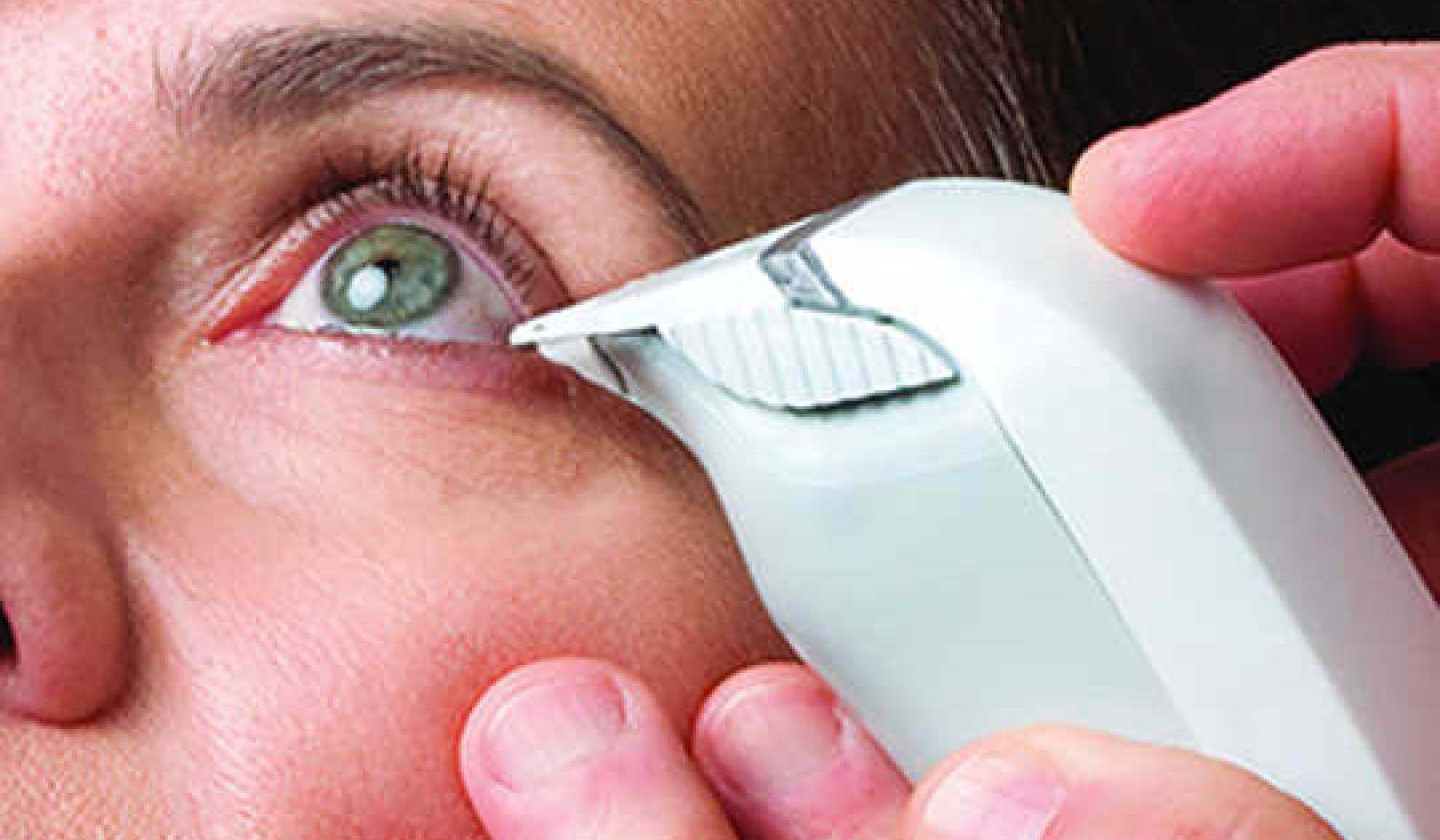
One of the most difficult aspects of depression is coping with the negative thoughts that happen moment to moment.
In 2004, when I split up with my long-term partner, I felt very guilty for staying with him so long and for taking the children away from their father. I also felt guilty about exposing the children to the negative effects of his heavy drinking.
The first line of treatment offered to me by my mental health care team was cognitive behavioural therapy (CBT), which is now widely used as a frontline treatment in the National Health Service (NHS) for treating depression.
CBT is a way of talking about how you think about yourself, the world, and other people and how what you do affects your thoughts and feelings. CBT can help you change how you think (cognitive) and what you do (behaviour). These changes can help you feel better. It focuses on the here and now, problems, and difficulties. It looks at ways to improve your mind.
CBT proved quite useful, as my therapist started to focus on the language I was using and pointed out to me how negative it was. She helped me turn around the way I used language, from negative to positive, so my cup was half-full and not half-empty.
Focusing on the Bleak Aspects of Life?
Depression leads you to focus on the bleak aspects of life, so death is always nearby during these moments. I contemplated taking my life twice during this time. Suicidal thoughts were inextricably linked to the depression; without it, I would never consider such an act — I have my children and would never willingly want to leave them.
Suicidal thoughts are very common, and many people would never follow through even though they have these negative thoughts. Doctors worry more if you have actually made a plan to kill yourself, for example by an overdose, because the more concrete the thoughts of follow-through, the more likely you are to take action.
Depression: A Very Selfish Self-Centered Illness?
 In my view, depression is a very selfish illness. It makes you self-centered and doesn't give you the opportunity to engage in other people's lives. There is more chance that the person who is depressed will find themselves having a chat in their own head rather than engaging with other people.
In my view, depression is a very selfish illness. It makes you self-centered and doesn't give you the opportunity to engage in other people's lives. There is more chance that the person who is depressed will find themselves having a chat in their own head rather than engaging with other people.
During my five-month depression, my mental health care team encouraged me to go out regularly on Fridays with Kay and my friend Karen. We went to a local pub in Sevenoaks called The Black Boy. It was quite interesting how I would not speak to any of the new people we would meet, but would sit quietly. All I could hear was the negative voice in my head, and I had a complete lack of confidence in having anything positive to say.
Every time I returned from an evening at The Black Boy, I would announce that I was not going out to the pub the next Friday. Then Friday night would come round and both Kay and Karen would be insistent, and I would try once again.
Initially, I was worried that everyone could tell I was depressed because of my negative body language; I felt that my lack of conversation was a real giveaway. But every week I would turn up at The Black Boy, and each week I found it got easier. I believe that structure has really helped me manage the depression.
Taking an Active Role in Managing and Reducing Depression
People often ask me whether I think you can take an active role in managing and reducing your depression. I answer a very big yes to this question. We know that bipolar depression is clinical, so no matter what you do the depression will be there. It is very important that you take whatever medication you are prescribed in order to help alleviate the depression.
For me one of the important factors in managing my depression is to try and change my environment as much as possible. By this I mean visiting those insistent friends and family or going on the weekend breaks with them that they insist you take.
Based on my own experience, I believe that the more you mix with people the better it is, as it makes you participate in life activities. It is also good, as cited earlier, to try to hold on to as many activities as possible that give you a structure, such as work or regular meetings, classes etc. This is often the first thing to go as people feel they cannot cope, but I believe that it should be considered the last.
Mental and Physical Well-Being
We know that the mental well-being of someone is dependent on physical well-being. When I am depressed, it is really important that I try to walk or swim. This is not always possible, as the depression gets a hold and I start to stay in bed 15 hours a day.
To challenge the negative thoughts and not stay in bed all day takes real willpower. You have to stay focused and have a structure to your day, so that you have reasons for getting out of bed. It also is important that you have family and friends who insist you get up and go out and change your environment.
I can't repeat enough how important it is to try to work through depression. It may be that you work fewer hours or just a couple of days a week. Even if it is just a short amount of time, this gives structure and focus to your life in an ongoing way.
So, to summarize, here are suggestions that have helped me cope with major depression:
- Structure to the day;
- Remaining in work, if possible;
- Changing your environment;
- Taking prescribed medication;
- Keeping appointments with medical professionals;
- Socializing with friends and family;
- Eating sensibly and following a healthy eating plan;
- Exercise, such as walking, swimming, gym, and other forms of aerobic exercise;
- Complementary medicines.
©2012 by Lynn Hodges. All Rights Reserved.
Reprinted with permission of the publisher,
Findhorn Press. www.findhornpress.com.
Article Source
Living With Bipolar Disorder: Strategies for Balance and Resilience
by Lynn Hodges.
 Employing a practical, candid tone, the guide offers firsthand advice on how to lead a fulfilling life despite having this debilitating mental-health condition, with a special focus on addressing the personal questions that arise following diagnosis.
Employing a practical, candid tone, the guide offers firsthand advice on how to lead a fulfilling life despite having this debilitating mental-health condition, with a special focus on addressing the personal questions that arise following diagnosis.
Click here for more Info and/or to Order this book.
About the Author
 Lynn Hodges has a family history of mental illness, and Lynn herself has been diagnosed with Bipolar One – the most serious mental health illness in the category of Bipolar Disorder. Despite all this, Lynn is an amazing survivor who has learned to embrace her illness in everyday life. She facilitates for the Kent Council (UK) classes and workshops on "What it is like to live and work with Bipolar Disorder" to both mental health professionals as well as patients.
Lynn Hodges has a family history of mental illness, and Lynn herself has been diagnosed with Bipolar One – the most serious mental health illness in the category of Bipolar Disorder. Despite all this, Lynn is an amazing survivor who has learned to embrace her illness in everyday life. She facilitates for the Kent Council (UK) classes and workshops on "What it is like to live and work with Bipolar Disorder" to both mental health professionals as well as patients.




























